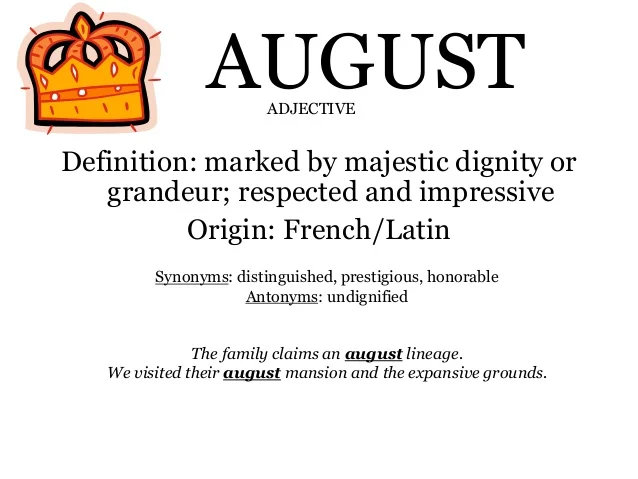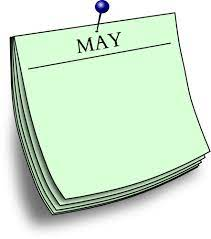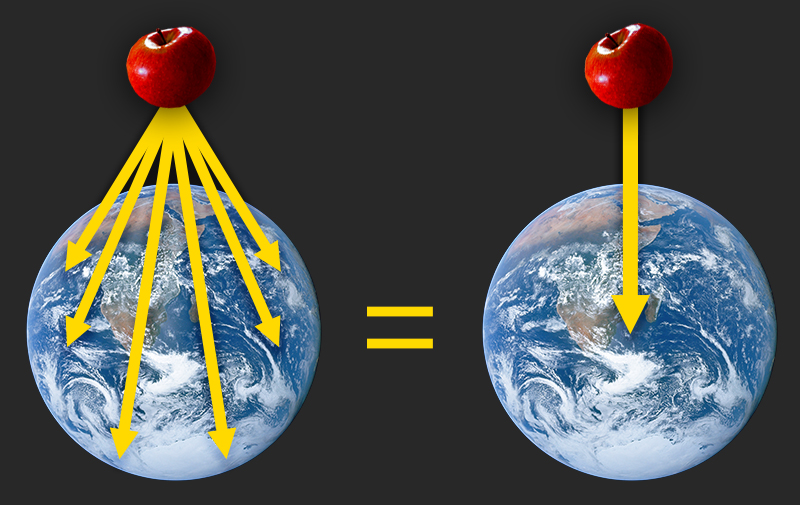Hello there!
Some time ago this year, I wrote two entries about capitonyms, words whose meaning changes depending on the capitalization of their first letter. I wrote an entry related to capitonyms involving geographical places; another entry about capitonyms involving proper nouns or surnames and I vowed to write another entry on other capitonyms. I promised to write it soon and I said this in February... Well, August is here and I have, at last, found some time to finish with capitonyms.
1) March vs march
  |
| From: https://openclipart.org/detail/260422/soldiers-marching and https://publicdomainvectors.org/en/free-clipart/March-on-paper/70877.html |
The first one obviously refers to the third month of the year, while the second one is the action of marching, that is, moving steadily and rhythmically. 'The soldiers' march took place in March.'
2) Titanic vs titanic
From: https://www.mythweb.com/today/media/titan06.gif
 |
| From: https://upload.wikimedia.org/wikipedia/commons/c/ca/Titanic_Starboard_View_1912.gif |
The word with capital 't' refers to the well-known cruise ship that would undergo a tragic fate... The word with lower case is a synonym of 'colossal' or 'gigantic': 'The Titanic was a titanic ship that sank in the sea.'
3) Lent vs lent
 |
| From: https://freesvg.org/img/lendee.png |
 |
| From: https://freesvg.org/img/LentNo40.png |
The capitalised word depicts the 40-day period from Ash Wednesday to Easter, when people are expected to fast and not to eat meat on Fridays. The lower-case word is the past form of the verb 'lend': 'During Lent, John always lent a helping hand to his neighbours.'
4) August vs august
 |
| From: http://image.slidesharecdn.com/wow14-15-150326121801-conversion-gate01/95/wow-14-15-9-638.jpg |
 |
| From: https://openclipart.org/download/282676/NoteAugust.svg |
The former refers to the eighth month of the year, whereas the latter makes reference to someone or something possessing great dignity or grandeur: 'This august mansion was built in August.'
5) Earth vs earth
 |
| From: https://freesvg.org/planet-earth |
From: https://commons.wikimedia.org/wiki/File:Cracks_in_the_Earth_%28Unsplash%29.jpg
While the first word refers to our planet, the second word refers to the ground. 'The Earth's earth is just 29%.'
6) May vs may
 |
| From: https://publicdomainvectors.org/es/vectoriales-gratuitas/Nota-mensual---mayo/70895.html |
From: https://mingle-ish.com/grammar/verbs/modal-verbs/modals-may-might/
The word with capital 'm' is the fifth month of the year. The word with lower-case 'm' makes reference to the modal verb which expresses probability: 'It may rain in May.'
7) New Year vs new year
 | ||
| From: https://www.pinterest.com/maryanne_mein/new-year/ |
You see how capitalising changes things? 'New Year' refers to January, 1st, whereas 'new year' refers to any year that has just begun (any new year, so to speak). 'On New Year's day, I can only think of the resolutions for the new year.'
8) Mass vs mass
 |
| From: https://commons.wikimedia.org/wiki/File:Bishop_dan_IC_mass_host.jpg |
 |
| From: https://commons.wikimedia.org/wiki/File:Universal_gravitational_mass.jpg |
The capitalised 'Mass' refers to the religious liturgy of Eucharist. It is frequently capitalised but it is not compulsory. The lower-case 'mass' may refer to a great quantity or amount of something, or simply the main part or bulk. 'During Sunday Mass, they talked about mass hysteria'.
Well, with this entry I have concluded the capitonyms issue. I hope I haven't bored you to death he he.
See you around




